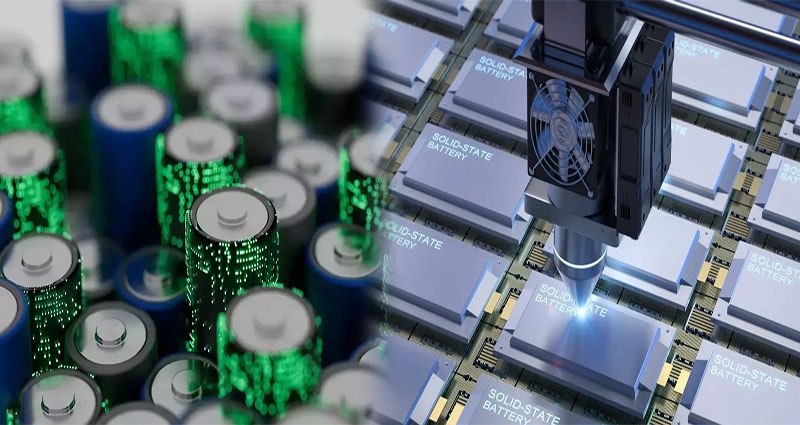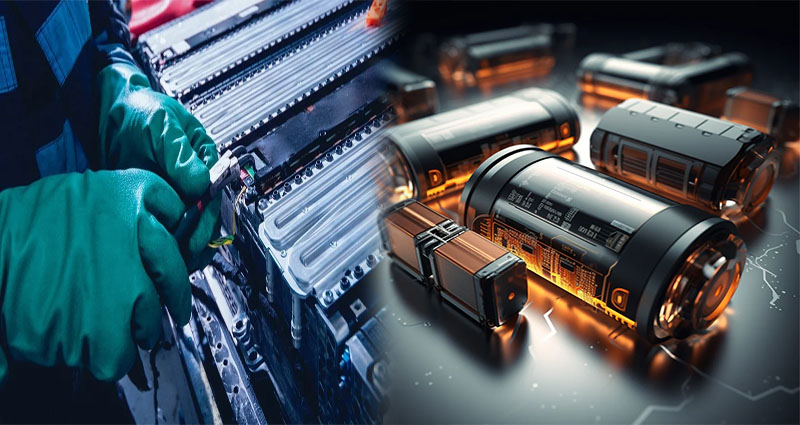Solid-State Batteries: Revolutionizing Electric Vehicles for a Greener Future
As the world moves towards a sustainable future, the demand for electric vehicles (EVs) continues to rise. One of the key drivers of EV innovation is the development of solid-state batteries, a groundbreaking technology that is revolutionizing the electric vehicle industry. With their potential for improved performance, increased energy density, enhanced safety, and shorter charging times, solid-state batteries are poised to reshape the future of electric mobility, paving the way for a greener and more sustainable transportation system.
Solid-state batteries differ from traditional lithium-ion batteries by replacing the liquid or gel electrolyte with a solid electrolyte, which offers numerous advantages. One of the most significant benefits is their potential for increased energy density. Solid-state batteries have the ability to store more energy in a smaller space, offering greater range for EVs on a single charge. This breakthrough could alleviate the range anxiety often associated with electric vehicles, making them more … READ MORE ...





